The Swiss biocomputer startup has launched an online platform that provides remote access to a computational device made up of 16 human brain organoids. The FinalSpark neuroplatform is considered the world's first online platform that provides access to biological neurons "in a test tube." The company claims that such bioprocessors consume a million times less energy than traditional ones.
The neuroplatform, capable of studying and processing information, due to its low energy consumption, can reduce the impact of computers on the environment. In a recent research article about their developments, the researchers from FinalSpark claim that training a language model of artificial intelligence, like GPT-3, requires about 10 GWh - approximately 6000 times more energy than an average European consumes in a whole year. Expenses can be significantly reduced after the successful implementation of bioprocessors.
The operation of the neuroplatform is currently based on an architecture that can be classified as wetware: a combination of hardware, software, and biology. The main innovation of the Neuroplatform lies in the use of four multi-electrode arrays (MEA), which contain living tissue - organoids, which are three-dimensional cell masses of brain tissue.
Each MEA contains four organoids connected by eight electrodes, used for both stimulation and recording. Data is transmitted through digital-to-analog converters (Intan RHS 32 controller) at a frequency of 30 kHz and a resolution of 16 bits. These key features of the architecture are supported by a microfluidic life support system for MEA and monitoring cameras. Data logging and reading are supported by the corresponding software stack.
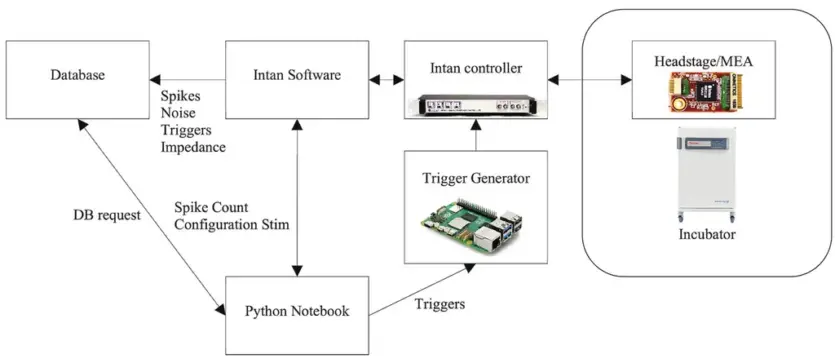
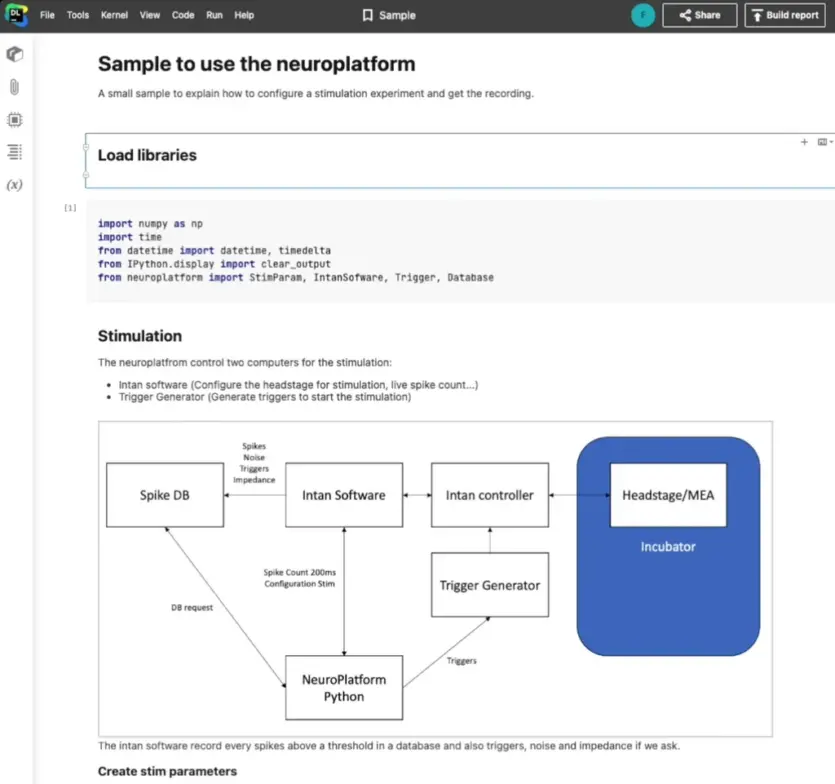
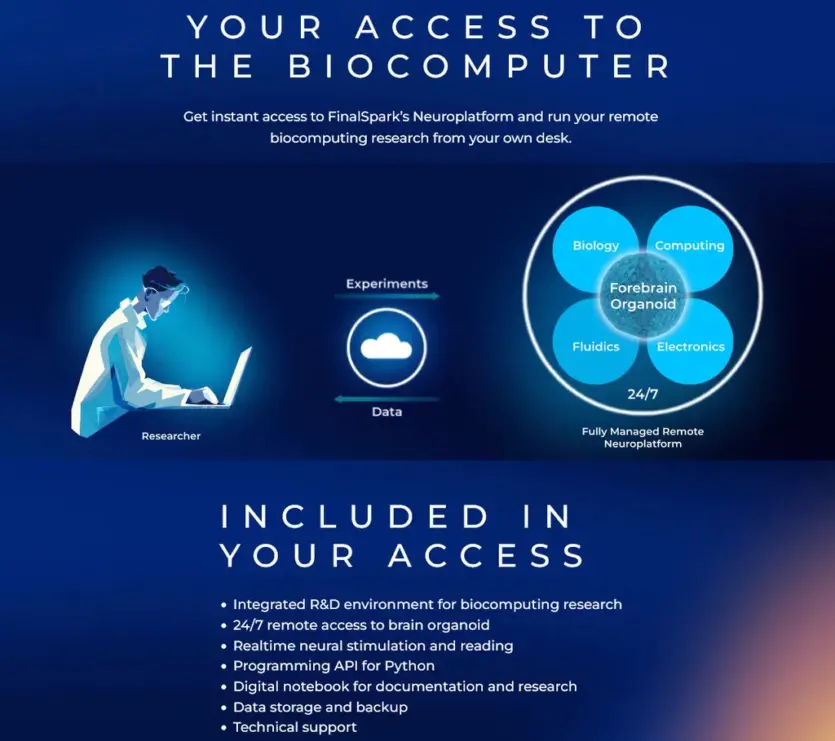
FinalSpark has provided access to its remote computing platform to nine institutions to help stimulate research and development of data bioprocessing. Through collaboration with such institutions, the company hopes to create the world's first living processor. There are already thirty universities interested in accessing the neuroplatform.
However, there is one problem: the organoids of the biological processor "live" about 100 days, while silicon microchips can last for decades. The neural structures that form bioprocessors are "only suitable for experiments lasting a few months." Initially, they lived for a few days, but now the life of organoids has been significantly extended.
Source: Tom's Hardware






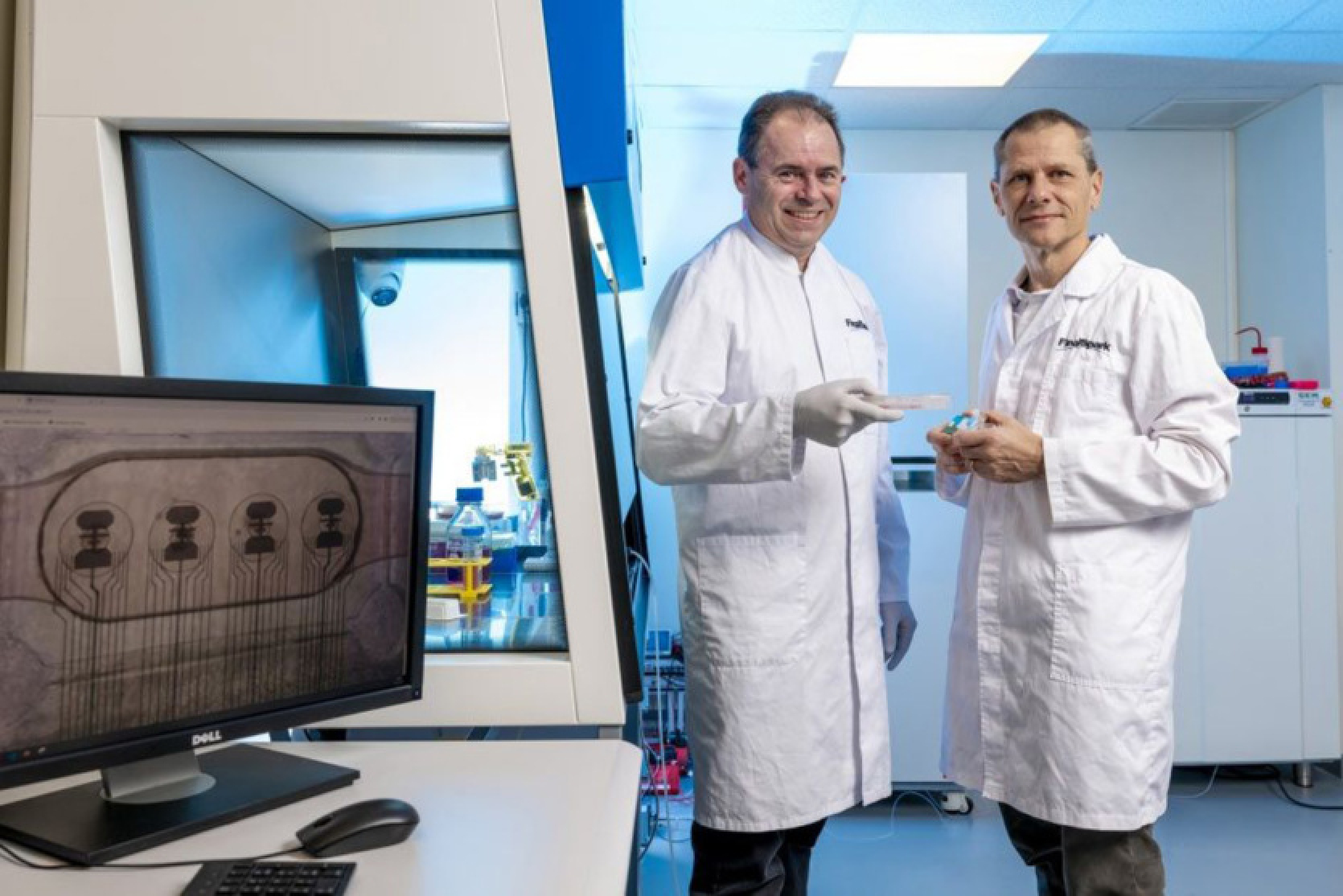


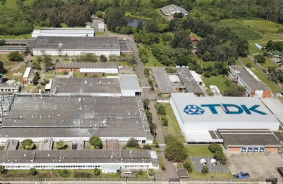

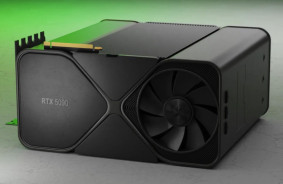
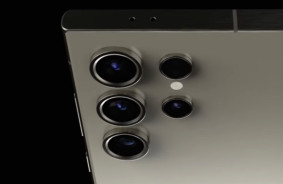
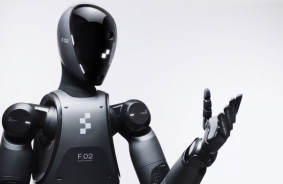
Comments (0)
There are no comments for now